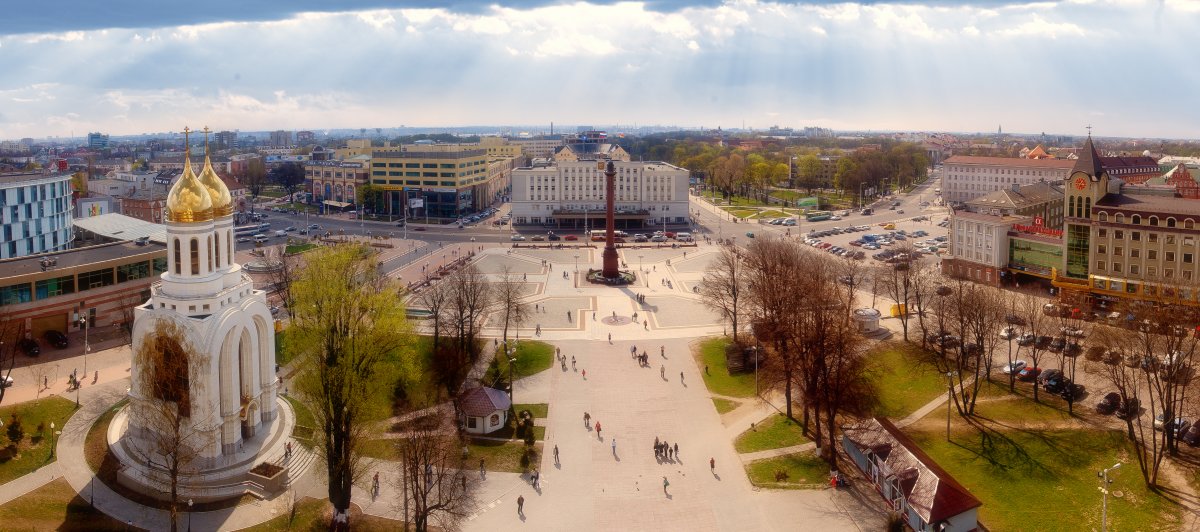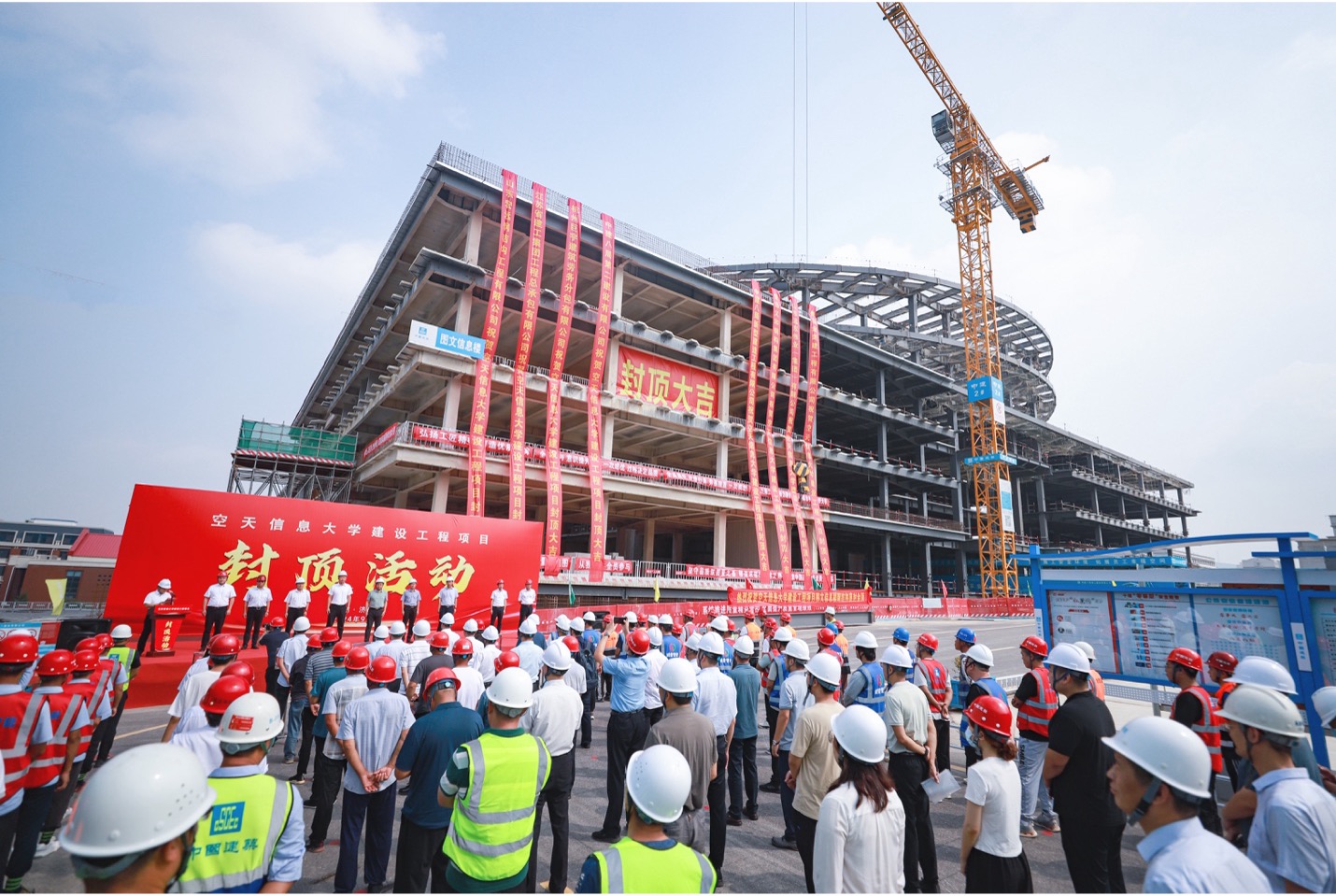
Kaliningrad Separatism Again on the Rise
Kaliningrad Separatism Again on the Rise
Kaliningrad oblast, the non-contiguous part of the Russian Federation that Joseph Stalin formed after annexing much of German East Prussia at the end of World War II, has often been a hotbed of separatism since the end of the Soviet Union. In part, this is because the exclave is separated from Russia proper by Lithuania and Belarus. Moreover, Kaliningrad’s population more often travels to Poland than to Moscow. Finally, its people, the descendants of peasants from Russia, Ukraine and Belarus, are without strong ethnic attachments and have commonly styled themselves as “the people of Koenigsberg”—a reference to the pre-Soviet name of the oblast’s capital city.
In the early 1990s, there was a powerful drive among many residents to become “the fourth Baltic republic,” but Moscow cracked down hard on that sentiment because of the importance of the oblast as a base for the Russian Baltic Fleet, which could no longer use ports in the Baltic countries. But in the last three years, worsening economic conditions in the oblast, cutbacks in Moscow’s subsidies to its government (Ecfr.eu, November 7, 2016), and the contrast between life in this Russian exclave and life in Lithuania and Poland has increased separatist sentiment once again, not only among ordinary people but also, importantly, among the oblast’s intellectual elite.
This development, which has so far attracted relatively little attention outside the oblast, came to its latest peak at a meeting of the Kaliningrad branch of the Academy of Geopolitical Problems. Its members discussed the course developed by scholars at the Kant Baltic Federal University and called on Moscow to remove it and all supporting materials from school programs there. According to the participants, this course has been promoting “pro-German” and thus “anti-Russian” attitudes, which is the way separatism is typically discussed in Kaliningrad (Kaliningrad.glavny.tv, July 15).
The meeting further called on the Russian authorities to dismiss Andrey Klemeshev, the rector of Kant University and the author of the lead article of this course. The Academy members accused Klemeshev of promoting “academic separatism” and treason and seeking to split “the self-consciousness of Kaliningrad’s young people from Great Russia.”
Father Georgy Biryukov, the pastor of the Holy Spirit Orthodox Church in the oblast and a participant in the roundtable, told the local media that “for a long time already we have seen the return to Kaliningrad oblast of separatism and anti-Russian attitudes.” In addition to the Klemeshev case, the Orthodox priest pointed to the Federal Security Service’s (FSB) arrest of a member of the pseudo-nationalist BARS organization, which in fact is promoting pro-German attitudes, and to the increasing interest in Kaliningrad’s population in erecting monuments to “German residents of Eastern Prussia […] who killed our soldiers on the Eastern Front.” Though all these may seem like relatively insignificant developments on their own, together they point to a potential growing trend bubbling just beneath the surface in Russia’s most “exposed” region.


